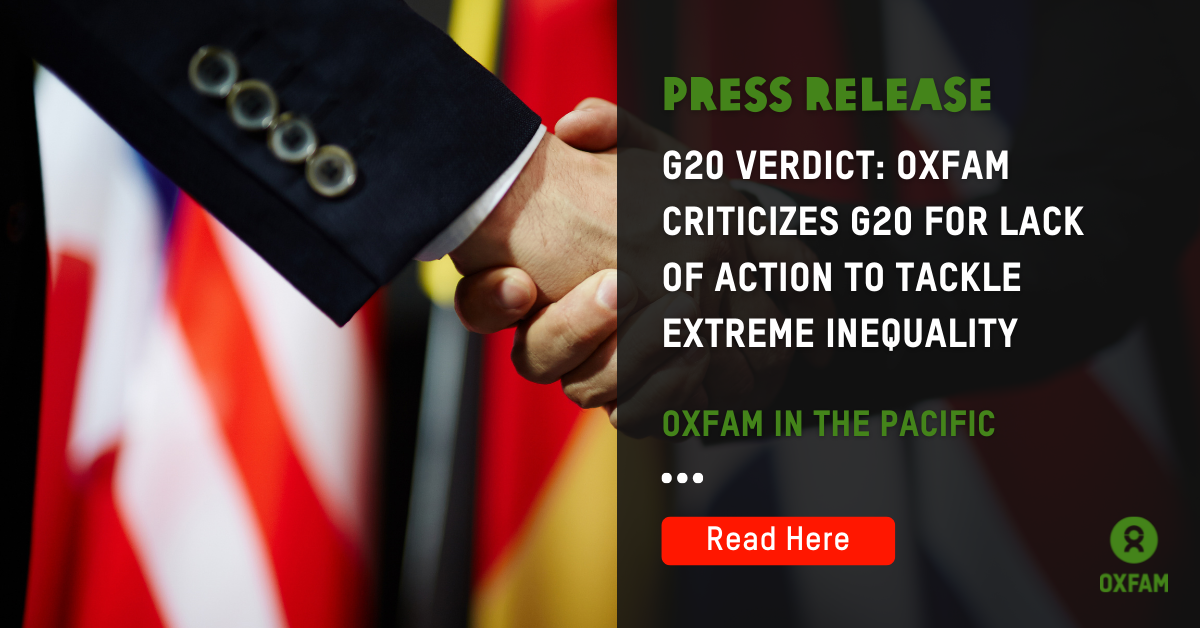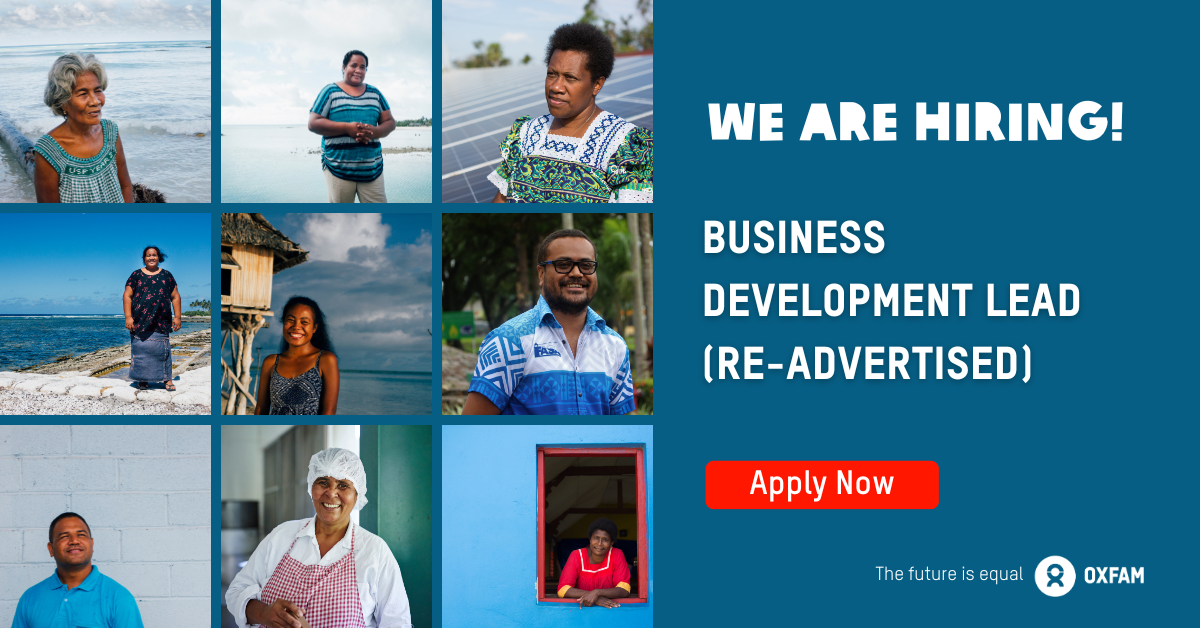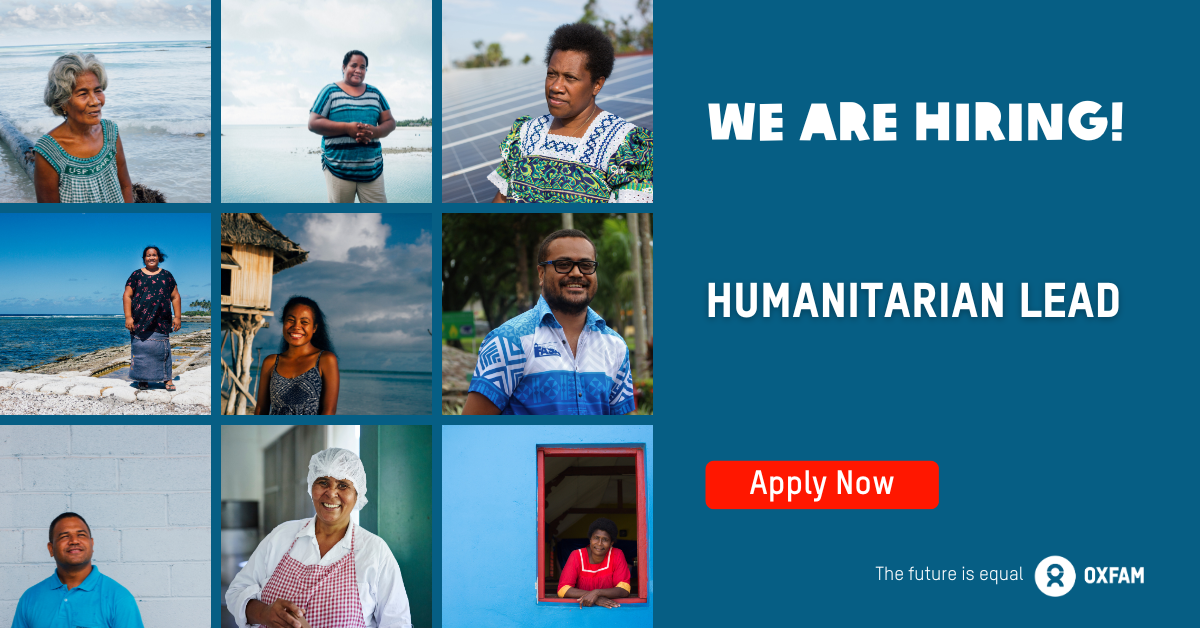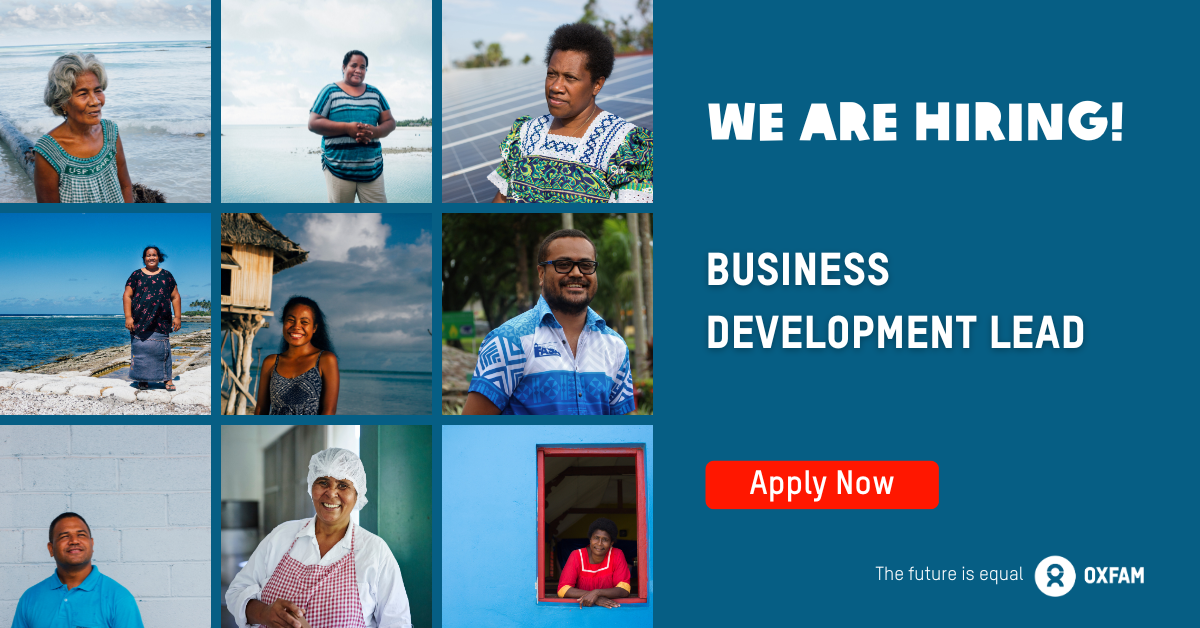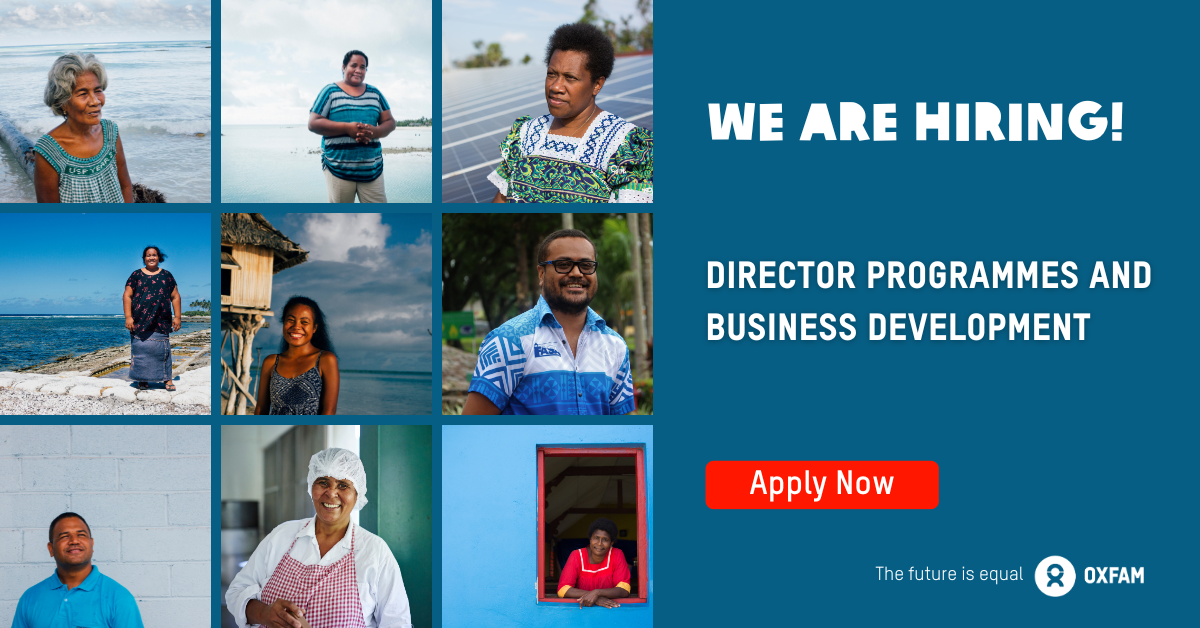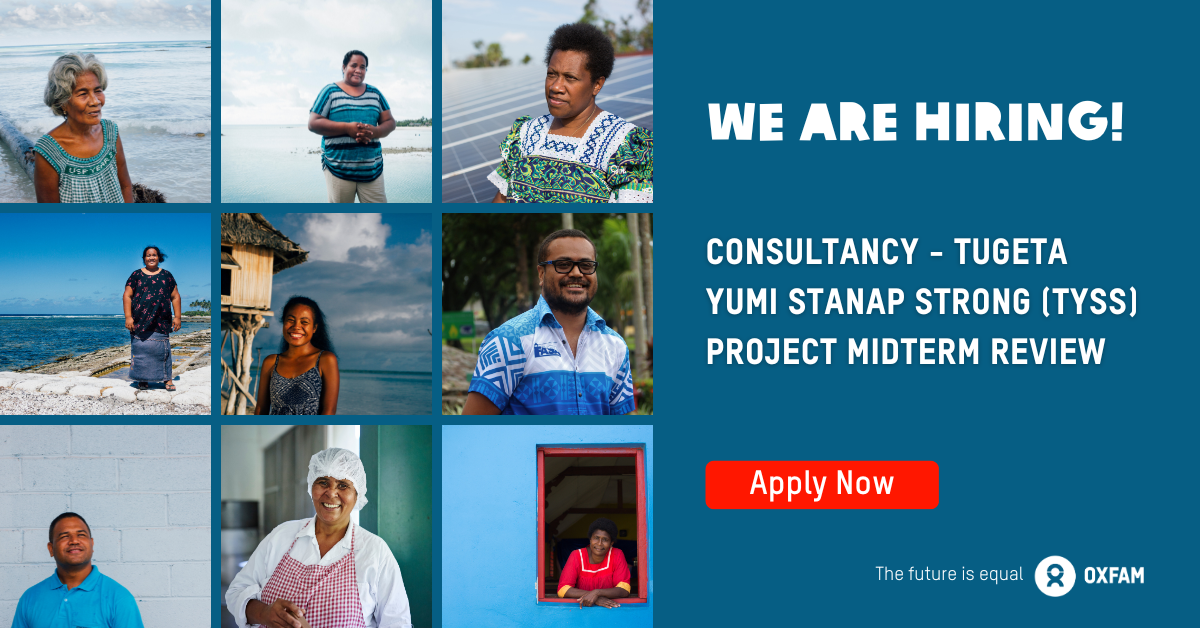G20 world leaders have failed to take definitive action to tackle poverty, hunger, climate, debt and deprivation that is crippling millions of people around the world, says Oxfam.
“In the midst of a debt, austerity and inequality crisis we expected far more from the world’s largest economies, especially given the meteoric rise of billionaire wealth in their backyards,” said Oxfam’s G20 Lead Joern Kalinski. “The world needs concrete action to avert economic disaster for poor people and countries, but all we were left with was recycled assurances, a simmering debt crisis and vaccine and health steps as useful as putting a band aid on a broken leg,” he said.
“The G20 represent two thirds of the world’s population and four fifths of the world’s economic power. At a time we needed leaders to use this economic muscle for the greater good, they blinked and shrank away. There was no sign of a collective resolve to address the world’s problems including climate crisis, growing hunger, rising poverty figures and gaping economic and social inequality,” said Kalinski.
Oxfam takes note of the G20 support for the continuation of the Black Sea Grain Initiative, but regrets that there is no stronger emphasis on ensuring that the agreement meets humanitarian needs. The grain and other foodstuff shipped under the Initiative should support low-income countries suffering of high levels of hunger, especially in the Middle East and the Horn of Africa.
Simultaneously, the G20 reiterated often-heard promises of addressing world hunger but makes no new funding pledges to match that ambition nor commitments to support a shift to a more local and sustainable food production. Our food system has for years perpetuated inequality, impoverished small-scale farmers while wreaking havoc on the climate. There is a need to invest in diverse, local sustainable food production that helps countries to become less dependent on food imports; and support smallholder food producers, especially women.
“The G20s theme was “Recover Together, Recover Stronger” but how can that be realized when this summit did nothing to bolster public goods like public health systems or make tangible new commitments to fix all the breakages in nations’ education systems?” said Kalinski. “With so many low and middle-income countries facing budget crises and debt disaster, we needed the world’s richest economies to put additional debt-free finance on the table, but they have shied away from their responsibilities,” he said. “The G20 has shown an unfathomable ability to forget the scale of the economic, social and health crisis caused by the neglect and under-resourcing of health systems which are now more geared towards eyewatering profits over patients.”
The Pandemic Fund, the launch of which was one of the few tangible commitments made, has only gathered pledges of $1.4 billion as seed money, a fraction of the financing gap. This is disappointing coming on top of massive budget cuts in the health sector; 50% of all low and lower-middle-income countries have already cut their budget share on health. The G20 also failed to agree on extending the TRIPS waiver to include COVID therapeutics and treatment – as lamentably weak as that waiver already is.
In the final declaration, the G20 have cautiously re-opened the door to Multilateral Development Banks (MDBs) serving as a channeling option for SDRs, and urged MDBs to move forward with Capital Adequacy reforms that could expand resources for climate and development in the future. MDBs are already providing far too much climate finance in the form of loans though, and there are no guarantees that these reforms will provide the type of debt-free financing that is so badly needed right now.
At the same time, the G20 has failed to take action that could shore up public budgets in cash strapped countries; they could have offered widescale and deep debt relief, supported hundreds of billions more in a new SDR issuance targeted at low- and middle-income countries, and pledged new financing to meet long overdue aid promises.
The world continues to slide towards uncontrollable catastrophic warming which is exacerbating poverty, hunger and injustice worldwide. The G20 summit gave unforgivably weak signals to the UNFCCC climate negotiators meeting now in Egypt. The G20 countries failed to promise to align their insufficient national climate protection goals with the Paris Agreement, nor did they commit to shift away from fossil energies and subsidies, and expand renewable energies instead.
“In so many fundamentally important ways, and with so much at stake, this G20 summit finished largely empty and bereft,” said Kalinski.
Contact Information
Lucy Brown in Indonesia | [email protected] | +61 478 190 099 (WhatsApp)

